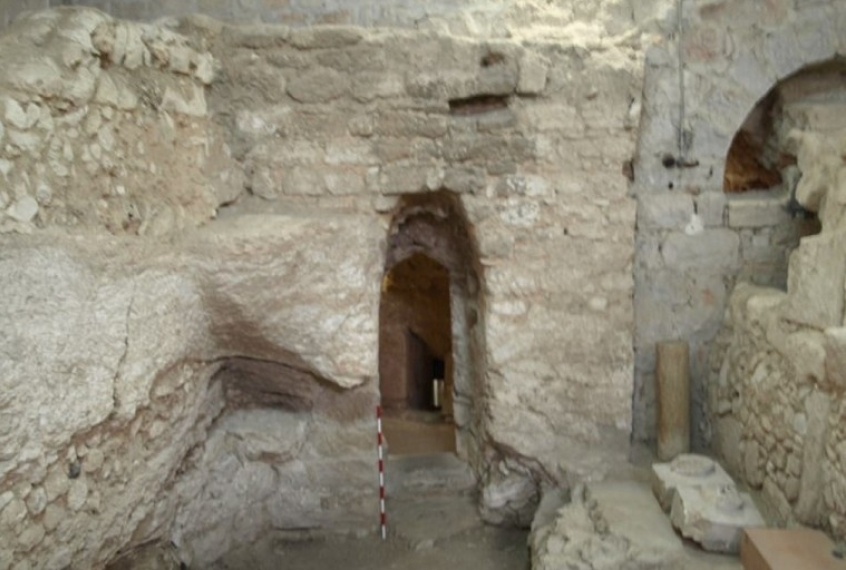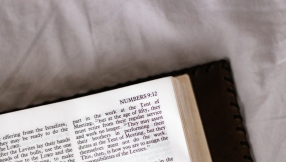
An archaeologist at the University of Reading believes he may have stumbled upon the house where Jesus lived as a boy with his parents, Mary and Joseph.
The ruins of the house date back to the first century, according to Professor Ken Dark, who has excavated at the site and spent the last 14 years studying the finds.
The small dwelling was carved into a rocky hillside and lies beneath the present-day Sisters of Nazareth Convent in Nazareth, Israel.
It was first discovered in the 1880s, and in 1888 biblical scholar Victor Guérin suggested that it might have been Jesus's childhood home, but after excavations in the 1930s the site lay largely forgotten until Prof Dark began excavating in 2004.
Prof Dark said his findings pointed to a skilled craftsman being behind the structure.
The finds from digs at the site include a doorway and stairs. The original building was also likely to have had a courtyard and roof terrace.
"The stairway was constructed skillfully using part of a natural cave, and another part of the cave was used to support the ceiling of the room," Prof Dark said.
The New Testament uses the Greek word 'tekton' to describe Joseph's trade, a term traditionally interpreted as 'carpenter' but which also encompassed other artisan skills like masonry or building.
"It has become clear that whoever built the house had a very good understanding of stone-working," Prof Dark said.
A large Byzantine-era church built on top of the site preserved the original first century dwelling, suggesting that the owner "probably venerated" it and "thought it pretty significant site in religious terms, especially given what texts tell us the Byzantines perceived to be other places of religious importance in the centre of Nazareth", he continued.
Speaking to the BBC, Prof Dark said: "We know from written evidence this church was believed in the Byzantine period to have been built on the site of Jesus' home and the dwelling preserved in its crypt.
"It's almost certainly the Church of the Nutrition, which was dedicated to the upbringing of Christ, and mentioned in a 7th century pilgrim's account."
He said there was a "strong case to be made" that the site was indeed the childhood home of Jesus.
"I didn't go to Nazareth to find the house of Jesus, I was actually doing a study of the city's history as a Byzantine Christian pilgrimage centre," he said.
"Nobody could have been more surprised than me."
He added that the evidence did not prove that it was the home where Jesus grew up but that "this is about as close as we will probably ever get to being able to say it was".
Prof Dark writes on his findings in his new book, The Sisters of Nazareth convent: A Roman-period, Byzantine and Crusader site in central Nazareth.













